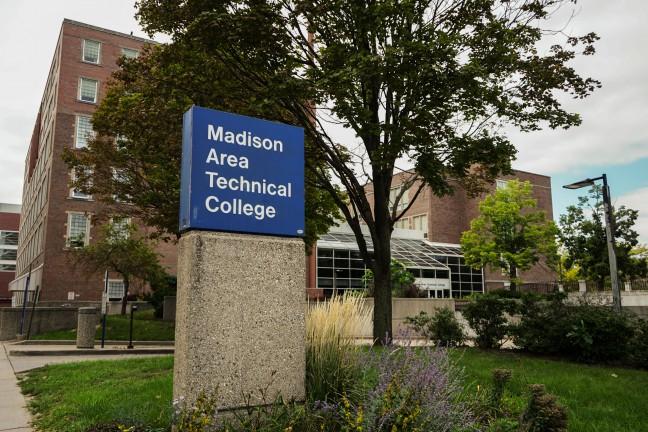For college students today, the word “debt” is an omnipresent warning about the problems facing the future of our generation. From record student loan debt, about $27,000 per person on average, to the immense and growing national debt, college students are bombarded by figures that demonstrate the this threat to our American dreams.
Unemployment for young people remains in the double digits at about 11 percent, due to the lasting impact of the Great Recession. Our national debt has reached $200 trillion and continues to increase.
Yet despite these staggering facts, many college students remain unmoved, feeling either powerless to enact real change or disengaged from politics in general. But perhaps the scariest part about the national debt is that it threatens our futures to an even greater extent than it threatens those best positioned to fix it. Hence, it is up to our generation to defeat the debt before it defeats us.
When politicians talk about our $17 trillion national debt, they are only referring to the amount of money our country has borrowed in the past –– not where we are going in the future.
The true national debt – otherwise known as the “fiscal gap” and currently estimated at $200 trillion – includes the present value of the unfunded future obligations of programs like Social Security and Medicare, today’s debt and the cost of interest payments. It is a tab so large that it is beyond our generation’s capacity to pay. It is a very real threat to the priorities you care about, regardless of your political affiliation and beliefs.
If Washington continues to kick the can down the road by failing to address the problem, frankly, it is our generation that will be most adversely impacted. Investments in our future – education, research, infrastructure, etc. – will hit their lowest relative level on record by 2023, as interest payments on the debt approach $1 trillion a year. By 2031, every penny of federal revenue will just be enough to cover so-called mandatory spending (primarily entitlements), meaning spending on everything else will be borrowed. By 2033, the Social Security trust fund will run totally dry, and the program will only be able to pay a fraction of its benefits.
In sum, if we don’t address this problem soon, we’ll be left with more debt, higher taxes, fewer benefits and a lower standard of living.
As the president of the University of Wisconsin’s chapter of the Bipartisan Issues Group, I understand how differently conservatives and liberals view this issue. UW BIG was founded last year by two friends, one conservative and one liberal, who, when talking about current issues, realized that they could find middle ground and that they were discouraged by national partisan divides. BIG was founded on the belief that despite its varied ideological preferences, a large part of our generation knows that practical solutions do exist and that excessive partisanship only impedes the political process.
While we might not see eye to eye on how to fix the debt problem, we can agree that it needs to be addressed and that the status quo is the worst option on the table. Every day that our country puts off tough choices, the financial burden being placed on young people and future Americans grows.
That is why UW BIG, College Republicans and College Democrats have joined together to welcome the “Generational Equity Tour” to campus on Oct. 8. The tour is organized by The Can Kicks Back campaign, a nonpartisan group of young people that advocates for a fiscally sustainable and generationally equitable federal budget.
I hope that you take some time on Tuesday, Oct. 8 to stop by our tent on East Campus Mall during the day and to attend our screening of the nonpartisan deficit documentary “Overdraft” in George R. Mosse Humanities Building 1111 at 7:30 that night. The documentary screening will be followed by a discussion.
Our generation undoubtedly has the most at stake in the debate about the federal budget and the growing national debt. It is time that we start fighting for our future together.
Jenna Pavelec (jpavelec







